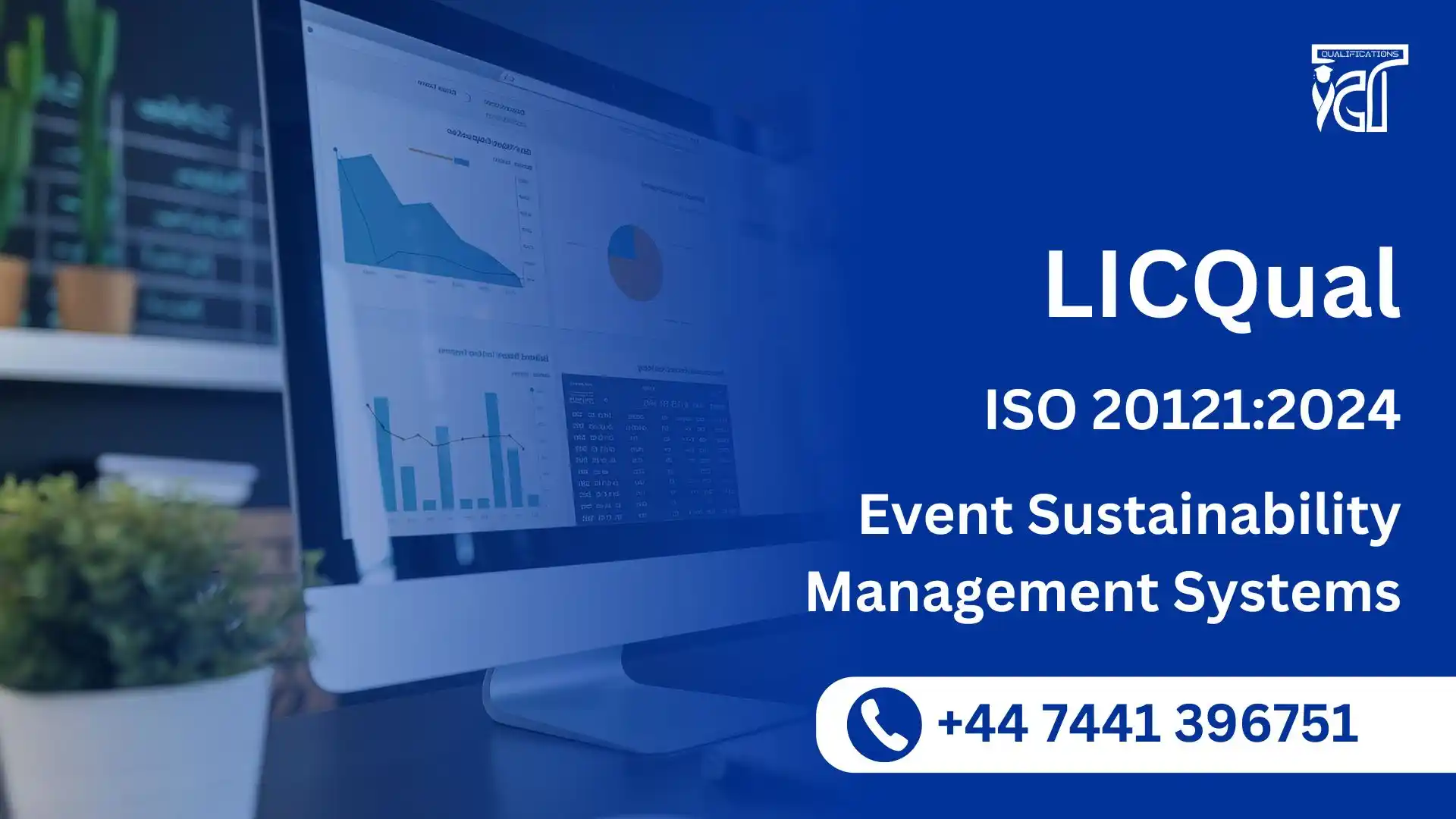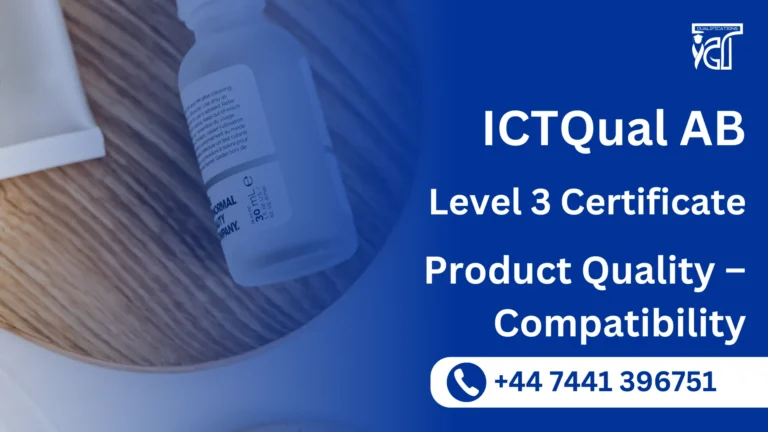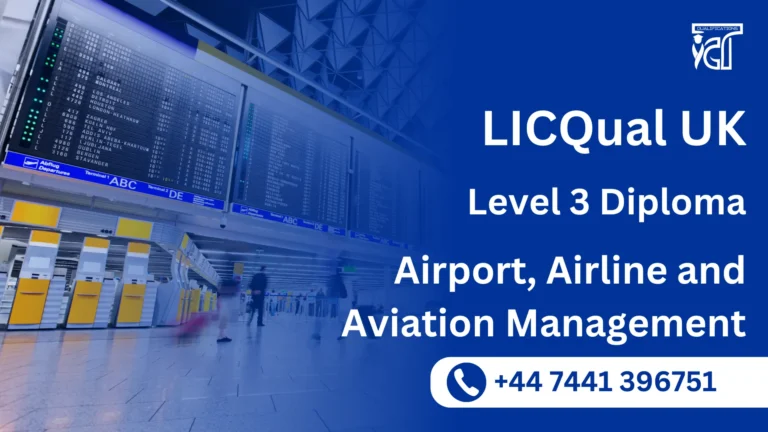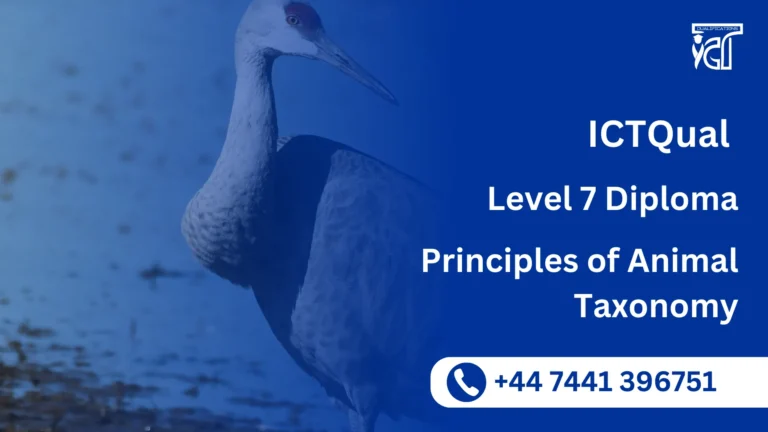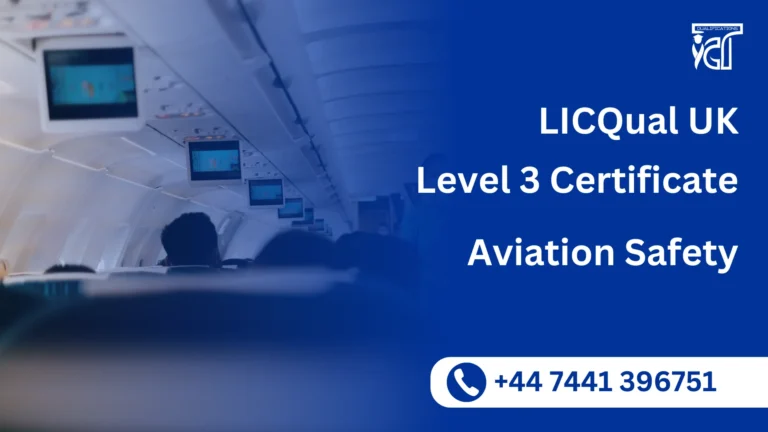The LICQual ISO 20121:2024 Event Sustainability Management Systems Course is designed to provide event professionals, sustainability managers, and organizational leaders with in-depth knowledge and practical skills to develop, implement, and manage sustainable event practices in line with the latest ISO 20121:2024 international standard.
ISO 20121:2024 focuses on integrating sustainability principles into all aspects of event management, helping organizations reduce their environmental footprint, promote social responsibility, and drive economic efficiency. This LICQual ISO 20121:2024 Event Sustainability Management Systems guides participants through the complete lifecycle of sustainable event planning—from setting sustainability objectives and stakeholder engagement to risk management, resource optimization, and continuous improvement.
By the end of this training LICQual ISO 20121:2024 Event Sustainability Management Systems, learners will be equipped to lead sustainable event initiatives that align with global best practices and meet increasing stakeholder and market demands for responsible and environmentally friendly event operations.
LICQual ISO 20121:2024 Event Sustainability Management Systems
Following are the mandatory units of LICQual ISO 20121:2024 Event Sustainability Management Systems:
| Unit Ref# | Unit Title | Credit | GLH |
| LICQ2200102-1 | Introduction to ISO 20121:2024 and Event Sustainability | 8 | 24 |
| LICQ2200102-2 | ISO 20121:2024 Standard Requirements and Sustainability Criteria | 8 | 24 |
| LICQ2200102-3 | Lead Auditor Role and ISO Audit Process for Event Sustainability | 6 | 18 |
| LICQ2200102-4 | Stakeholder Engagement and Communication in Sustainable Event Management | 6 | 18 |
| LICQ2200101-5 | Risk Management and Continuous Improvement in Event Sustainability | 6 | 18 |
| LICQ2200102-6 | Performance Evaluation and Reporting for Event Sustainability Management Systems | 6 | 18 |
GLH (Guided Learning Hours) and TQT (Total Qualification Time) are terms commonly used in vocational qualifications to help define the amount of time a learner is expected to spend on their studies.
1. GLH (Guided Learning Hours)
GLH refers to the number of hours a learner spends being directly taught, supervised, or supported during their course. This includes the time spent in activities such as:
- Classroom instruction
- Practical workshops
- One-on-one tutoring or mentoring sessions
- Online learning sessions with tutor support
In other words, GLH represents the time that learners are actively engaged with their instructors or learning activities.
2. TQT (Total Qualification Time)
TQT represents the total amount of time a learner is expected to invest in completing a qualification, including:
- GLH (Guided Learning Hours): Time spent on direct learning, as explained above.
- Self-Directed Learning: This includes time spent on independent study, research, assignment completion, preparation for exams, and any other work the learner does outside of direct teaching hours.
TQT is a broader measure that includes all the time required to achieve the qualification. It helps learners and employers understand the overall commitment required for the qualification.
Key Differences Between GLH and TQT:
- GLH focuses on direct learning with guidance or supervision.
- TQT includes GLH as well as independent study time and other learning-related activities.
Example:
If a qualification has a TQT of 600 hours and a GLH of 250 hours, it means the learner should spend 250 hours in direct learning (classroom, online, or tutor-led sessions) and 350 hours on independent study or research.
By the end of the LICQual ISO 20121:2024 Event Sustainability Management Systems , learners will be able to:
Introduction to ISO 20121:2024 and Event Sustainability
Upon completion of this unit, learners will be able to:
- Understand the key principles and concepts of sustainability in event management.
- Explain the significance of ISO 20121:2024 in promoting sustainable event practices.
- Identify the core components of the ISO 20121 standard and their relevance to event sustainability.
- Describe how ISO 20121 supports environmental, social, and economic sustainability in the event industry.
ISO 20121:2024 Standard Requirements and Sustainability Criteria
By the end of this unit, learners will be able to:
- Interpret and apply the specific clauses and requirements outlined in ISO 20121:2024.
- Understand the sustainability criteria for event management, including environmental, social, and economic considerations.
- Assess how to integrate these sustainability criteria into event planning and execution.
- Evaluate the effectiveness of sustainability measures in various types of events based on ISO 20121 guidelines.
Lead Auditor Role and ISO Audit Process for Event Sustainability
After completing this unit, learners will be able to:
- Define the responsibilities and role of the lead auditor in ISO 20121:2024 event sustainability audits.
- Plan, conduct, and report on sustainability audits for event management systems.
- Gather and analyze evidence to assess compliance with ISO 20121 standards.
- Provide clear and actionable recommendations for improving sustainability practices in event organizations.
Stakeholder Engagement and Communication in Sustainable Event Management
Upon successful completion of this unit, learners will be able to:
- Identify key stakeholders in sustainable event management, including local communities, suppliers, and regulatory bodies.
- Develop strategies for effective stakeholder engagement and communication.
- Understand the importance of collaboration and transparency in ensuring the sustainability of events.
- Implement communication strategies that enhance stakeholder buy-in and foster responsible event practices.
Risk Management and Continuous Improvement in Event Sustainability
By the end of this unit, learners will be able to:
- Identify sustainability-related risks in event management, including environmental, social, and economic factors.
- Apply risk management techniques to mitigate potential negative impacts of events.
- Develop strategies for continuous improvement in sustainability practices across events.
- Monitor and evaluate the effectiveness of risk management actions and continuous improvement initiatives in the context of event sustainability.
Performance Evaluation and Reporting for Event Sustainability Management Systems
After completing this unit, learners will be able to:
- Use performance evaluation tools to measure the effectiveness of sustainability practices in event management.
- Develop key performance indicators (KPIs) to track sustainability goals and outcomes.
- Prepare detailed audit reports that assess event sustainability, identify areas for improvement, and propose corrective actions.
- Communicate audit results and sustainability performance to key stakeholders clearly and effectively.
Key Benefits of the LICQual ISO 20121:2024 Event Sustainability Management Systems
Master International Sustainability Standards
Gain comprehensive knowledge of ISO 20121:2024, the globally recognized standard for sustainable event management, ensuring your events meet environmental, social, and economic responsibilities.
Enhance Event Sustainability Performance
Learn practical strategies to reduce resource consumption, minimize waste, lower carbon footprints, and implement environmentally friendly practices throughout all phases of event planning and execution.
Strengthen Stakeholder Confidence and Trust
Demonstrate your organization’s commitment to corporate social responsibility (CSR) and sustainable development, building trust with clients, sponsors, attendees, and regulatory bodies.
Drive Innovation and Competitive Advantage
Set your events apart in a crowded market by offering certifiably sustainable experiences, attracting eco-conscious audiences, and meeting the increasing demand for responsible event practices.
Improve Risk Management and Cost Efficiency
Identify and control sustainability risks while discovering cost-saving opportunities in energy use, materials sourcing, and waste handling—delivering both environmental and financial benefits.
Applicable Across All Event Types and Sectors
Whether organizing corporate conferences, festivals, exhibitions, or sporting events, the LICQual ISO 20121:2024 Event Sustainability Management Systems provides transferable skills applicable to any event setting.
Globally Recognized Certification
Earn a prestigious LICQual certification that validates your ability to lead sustainable event initiatives aligned with ISO 20121:2024 requirements, boosting your professional profile and career opportunities.
Empower Organizational Change
Equip your team with tools and knowledge to embed long-term sustainable thinking into business operations, policies, and stakeholder partnerships.
Who Is This Diploma Ideal For?
The LICQual ISO 20121:2024 Event Sustainability Management Systems is ideal for individuals and professionals who are involved in planning, managing, or assessing events and are committed to incorporating sustainability into every stage of event management. It is perfectly suited for:
Anyone interested in building a career in green event management, sustainability consulting, or responsible business practices within the events industry.
Event Managers and Coordinators looking to adopt sustainable practices in event planning and execution.
Sustainability Officers and CSR Professionals responsible for ensuring organizational events align with environmental and social responsibility goals.
Venue and Facility Managers aiming to improve the sustainability performance of event spaces.
Quality, Health, Safety, and Environment (QHSE) Managers seeking to expand their knowledge into sustainable event management systems.
Government and Non-Profit Event Planners delivering community-focused, responsible public events.
Environmental Consultants and Auditors supporting clients with ISO 20121 implementation and certification processes.
Entry Requirements
Register Now
Qualification Process
Qualification Process for the LICQual ISO 20121:2024 Event Sustainability Management Systems
- Self-Assessment:
Begin by evaluating your eligibility to ensure you meet the qualification requirements, including work experience, knowledge, and language proficiency. - Registration:
Complete your registration by submitting the required documents, including a scanned copy of a valid ID, and paying the registration fee. - Induction:
An assessor will conduct an induction to confirm your eligibility for the course and explain the evidence requirements. If you do not meet the criteria, your registration will be canceled, and the fee will be refunded. - Assignmnets & Evidence Submission:
Provide all assignmnets and the necessary evidence based on the assessment criteria outlined in the course. If you are unsure of the required evidence, consult with the assessor for guidance on the type and nature of evidence needed. - Feedback and Revision:
The assessor will review your submitted evidence and provide feedback. Evidence that meets the criteria will be marked as “Criteria Met,” while any gaps will be identified. You will be asked to revise and resubmit if needed. - Competence Evidence:
Submit final evidence demonstrating that all learning outcomes have been met. This evidence will be marked as “Criteria Met” by the assessor once it is satisfactory. - Internal Quality Assurance (IQA):
The Internal Quality Assurance Verifier (IQA) will review your evidence to ensure consistency, quality, and compliance with standards. - External Verification:
The IQA will submit your portfolio to LICQual External Quality Assurance Verifiers (EQA) for final confirmation. The EQA may contact you directly to verify the authenticity of your evidence. - Certification:
Upon successful completion of all checks, LICQual will issue your official certificate, confirming that you have attained the LICQual ISO 20121:2024 Event Sustainability Management Systems.

